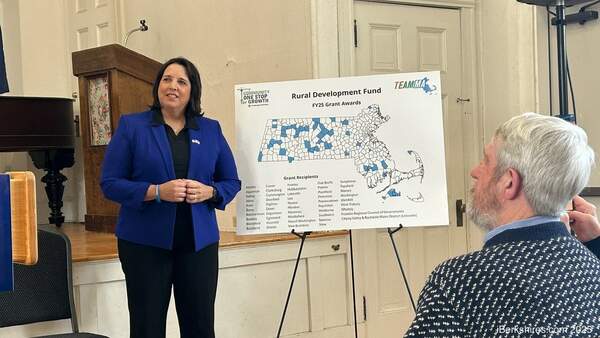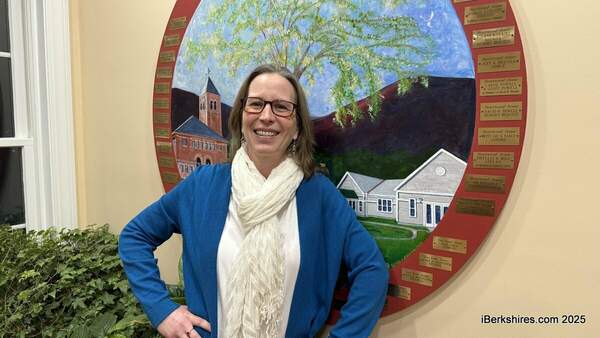
Pittsfield City Council Approves $179M Budget for FY22
PITTSFIELD, Mass. — The City Council approved both the operating and capital budget on Tuesday in a swift meeting that adjourned at 7 p.m.
The operating budget of $179,205,963.00 was approved in a 7-3 vote with Ward 1 Councilor Helen Moon, Ward 2 Councilor Kevin Morandi, and Ward 4 Councilor Chris Connell voting in opposition.
The budget was amended from the originally proposed $179,410,963 with $205,000 deducted from the Police Department budget: $15,000 from the contractual allowances and $190,000 from the patrol officers' allotment.
Ward 7 Councilor Anthony Maffuccio approved the budget with a disclaimer to his colleagues.
"I was not going to support this budget at the Committee of the Whole level but I am supporting this budget because I do believe the city administrative side, even though they were generous with their pay raises, did add quite a few positions that helped the city out and that the mayor does a good job and orchestrating and putting together a good budget for the city side," he said.
"I do not support the School Committee budget, I don't believe they did the teachers justice, they have failed the teachers year after year with pay raises, they continue to fail our teachers year after year."
Maffuccio added that he believes the Pittsfield Public School district has not addressed retention problems and that out-of-district transfers are "way too high."
He also said a district of this size should not have underperforming schools.
The council also approved a number of orders within the school budget.
An order appropriating $1.5 million from certified free cash to reduce the fiscal 2022 tax rate; a transfer and appropriation of $60,000 from the Unclassified Budget to Worker's Compensation; an order authorizing the use and expenditure of the city's current revolving funds for the fiscal 2022; and an order to borrow an aggregate sum not exceeding $700,000 for Enterprise Fund Capital Expenditures for fiscal 2022 were passed unanimously.
The council did not agree on every order.
An order to borrow an aggregate sum not exceeding $6,992,000 for General Fund Capital Expenditures for fiscal 2022 was approved in an 8-2 vote with Moon and Connell opposing and an order appropriating $202,000 for parking-related expenditures for fiscal 2022 passed in an 8-2 vote with Morandi and Connell voting in opposition.
Moon, Morandi, and Connell voted against accepting the 5-Year Capital Improvement Plan for the fiscal years 2022-2026 and placing it on file.
Below are the budget sessions for fiscal 2022 in order of when they occurred, with the latest listed last.
-
The first day of budget review on Monday, May 17, covered the Mayor’s Office, City Council, City Solicitor, City Clerk, Council on Aging, Veterans’ Services, and Cultural Development.
-
The second day of budget review on Wednesday, May 19, covered RSVP, Information Technology, Berkshire Athenaeum, Maintenance: City, Maintenance: School, Airport, Human Resources, Office of Diversity, Equity, and Inclusion, Community Development, Community Preservation, the Health Department, and Building Inspectors.
-
The third day of budget review on Monday, May 24, covered the Pittsfield Public School budget.
-
The fourth day of budget review on Tuesday, June 1, covered the Fire Department, Emergency Management, and the Police Department.
- The fifth day of budget review on Wednesday, June 2, covered Public Services, Worker’s Compensation, Finance and Administration, and Unclassified.
Tags: fiscal 2022, pittsfield_budget,

















